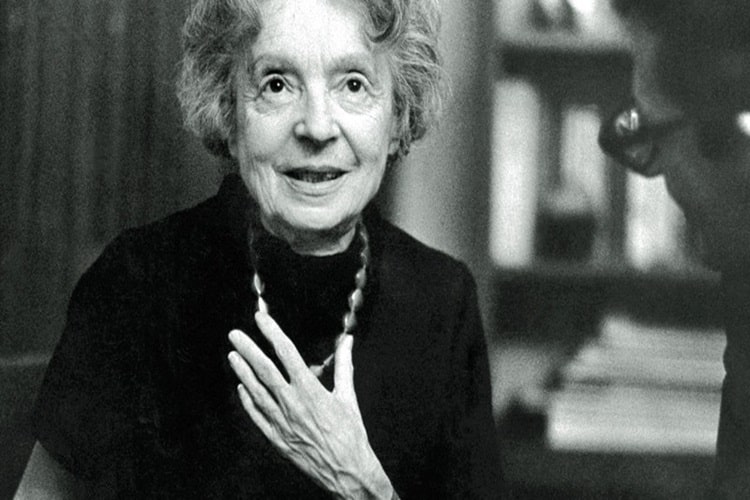Unmasking a Legend: The Story of Nelly Sachs

Nelly Sachs (10 December 1891 – 12 May 1970) was a German-Swedish poet and playwright. He was awarded the 2019 Nobel Prize in Literature.
Life and Career
Nelly Sachs was born on December 10, 1891, in Berlin, Germany. Sachs was born into a wealthy Jewish family. Her father, William Sachs, was a successful businessman, and her mother, Margarete, came from a well-established family.
Sachs received a good education, studying literature and philosophy at the University of Berlin. Her exposure to the arts and literature during this time greatly influenced her later work.
Sachs began writing poetry and plays at a young age. Her early works were influenced by German Romanticism and Expressionism.
She gained recognition with her poetry collections, but her breakthrough came with the play “Eli: Ein Mysterienspiel vom Leiden Israels” (Eli: A Mystery Play of the Sufferings of Israel), written in 1943. This play reflected the horrors of the Holocaust.
As the Nazis rose to power, Sachs, being Jewish, faced persecution. In 1940, she and her mother managed to escape to Sweden, narrowly avoiding the fate suffered by many other Jewish individuals during the Holocaust.
In Sweden, Sachs continued her writing and established herself as a prominent literary figure. She wrote in German, her mother tongue and her works often dealt with the Holocaust and the Jewish experience.
Nelly Sachs’ poetry reflects her personal trauma, the horrors of the Holocaust, and a profound sense of loss. Her work is known for its lyrical style and deep spirituality.
Sachs received numerous awards for her literary contributions, including the Nobel Prize in Literature in 1966, which she shared with Israeli writer Shmuel Yosef Agnon.
Despite her acclaim, Sachs led a relatively private life, devoting much of her time to her work and grappling with the emotional scars left by the Holocaust.
Nelly Sachs died on May 12, 1970, in Stockholm, Sweden.
Award and Legacy
He was awarded the 2019 Nobel Prize in Literature “for an influential work that with linguistic ingenuity has explored the periphery and the specificity of human experience.
Handke is celebrated for his contributions to avant-garde literature. His experimentation with form and language, as seen in works like “Offending the Audience” and “The Goalie’s Anxiety at the Penalty Kick,” has influenced contemporary literature.
Handke’s collaboration with filmmaker Wim Wenders, particularly on “Wings of Desire,” contributed to the intersection of literature and film. The film is considered a classic and has had a lasting impact on cinematic storytelling.
Handke’s legacy is also marked by controversy, especially regarding his views on the Yugoslav Wars. Critics argue that his positions on the conflicts, including skepticism about the extent of Serbian atrocities, have had a negative impact on his reputation.
Observer Voice is the one stop site for National, International news, Sports, Editor’s Choice, Art/culture contents, Quotes and much more. We also cover historical contents. Historical contents includes World History, Indian History, and what happened today. The website also covers Entertainment across the India and World.

